Why is Water Conservation important in Today's Life?
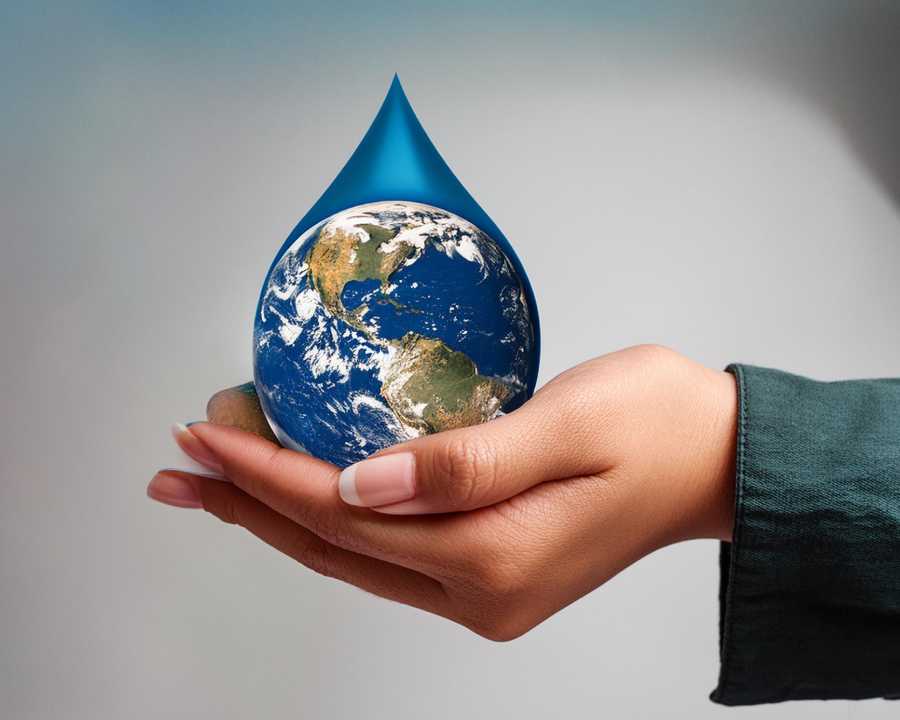
Water conservation means using water wisely to preserve it for the future. It is crucial because only 3% Fresh water makes up under of all water on earth, and 65% of this drinkable water is tied up in glaciers. Rivers, streams, lakes, and dams that hold freshwater contain 1% of potable water while groundwater accounts for 0.3%.
As the world’s population grows and industries expand, competition for water increases. Pollution also threatens water quality, making conservation even more important.
Key Points:
- Importance: Preserves clean water for future generations and protects natural resources.
- Challenges: Growing population, economic development, and pollution strain water availability.
- Role of DEP: Pennsylvania’s Department of Environmental Protection (DEP) prioritizes water conservation to manage natural resources effectively.
- Technologies: Supports modern technologies that reduce water use and explore recycling options.
- Water Conservation Centre: Acts as a hub for information and innovations in water-saving techniques and technologies.
- Partnerships: Collaborates with programs like Water Sense to promote water-efficient products and practices.
Advantages
A sustainable future guarantees an adequate water supply for future generations.
Environmental protection: safeguards ecosystems and habitats that depend on clean water.
Cost savings: decreases water bills for individuals, businesses, and communities.
By reducing water consumption, we can decrease the energy required for pumping and treating water.
Disadvantages
Behaviour Change: Requires people to change habits and adopt modern technologies.
Initial Costs: Installing water-saving devices or systems can be expensive upfront.
Water Quality Concerns: Some water-saving methods, like grey water recycling, may require careful monitoring to ensure water quality.
How much water do we waste every day?

Many of us unknowingly waste significant amounts of water every day.
The United States Environmental Protection Agency reveals that the average American household spends about $1,000 (₹83,390) annually on water bills. However, households could save up to $380 (₹31,678.45) per year by switching to Water Sense-labelled fixtures and Energy Star-certified appliances. To put it into perspective, an average family wastes around 180 gallons of water per week, which is enough to do three hundred full loads of laundry.
Additionally, inefficient irrigation systems cause about half of outdoor water to be lost through evaporation, wind, and runoff. These statistics underscore the importance of becoming more water-efficient to conserve this precious resource and reduce utility costs.
How Can We Conserve Water Resources?
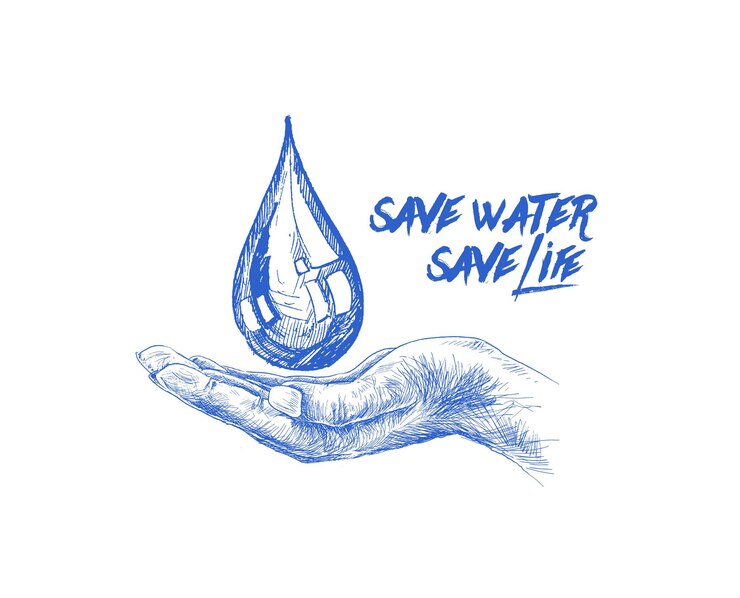
Conserving water involves using it efficiently to ensure its availability for future generations. It is crucial because only 3% of the total water on Earth is fresh, and 65% of this fresh water is stored in glaciers. Freshwater sources such as rivers, streams, lakes, and dams that hold potable water make up only 1% of the total water supply, while groundwater accounts for 0.3%.
As the global population continues to rise and industries expand, the demand for water becomes more intense. Pollution poses a threat to water quality, emphasizing the need for conservation efforts.
Water conservation is important to protect our environment and ensure there is enough water for everyone in the future.
Here are some easy ways we can save water
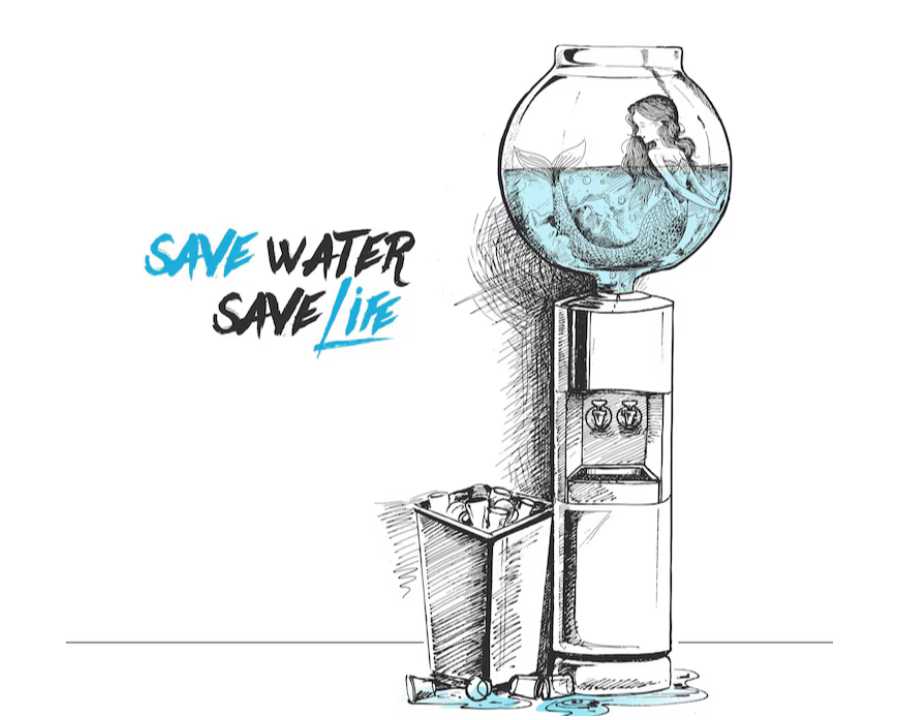
- Fix leaks: Check and fix any leaks in taps, toilets, or pipes immediately. Even a small leak wastes a lot of water over time
- Use water-saving devices: Install things like low-flow showerheads and faucets. They use less water but still work well.
- Change habits: Turn off the water when you brush your teeth or shave. Take shorter showers.
- Water wisely outside: Water your lawn and plants in the morning or evening when the weather is cooler, so that less water evaporates.
- Collect rainwater:Place a barrel outside to collect rainwater. You can use it later to water your plants or wash your car.
- Re-use water: Use water from washing dishes or laundry to water plants or flush the toilet.
- Teach others:Tell your friends and family about saving water. Everyone can help by being mindful about how they use water.
- Keep track:Pay attention to how much water you use. Try to use less water over time.
- Support laws:Support laws that help save water in your city or town.
- Try latest ideas:Try new ways to save water, such as using technology at your home or work that uses less water.
- By doing these things, we can all play a part in using water wisely and keeping our environment healthy.
- One of the strategies in water conservation is Rainwater Harvesting.
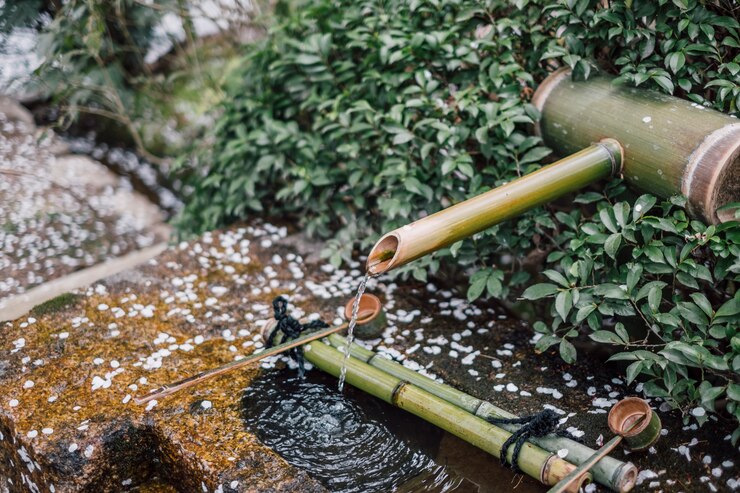
Rainwater Harvesting: A Simple Guide to Saving Water
Rainwater harvesting is a way of collecting rain that falls on roofs, driveways, and other surfaces. Instead of letting this rainwater just flow away, we capture it and store it for later use. Here is how it works and why it is important:
How It Works:
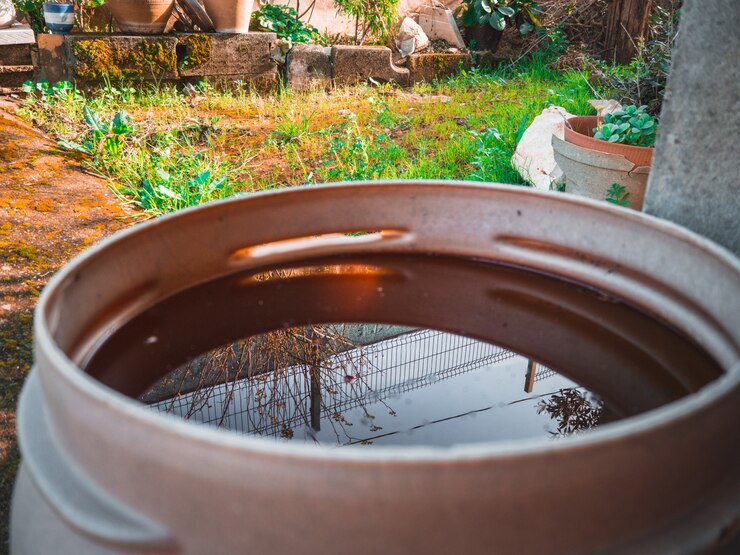
Collection: Rainwater is collected from surfaces like roofs using gutters and pipes.
Filtration: It passes through filters to remove leaves and debris.
Storage: It is stored in tanks or barrels for future use.
Importance
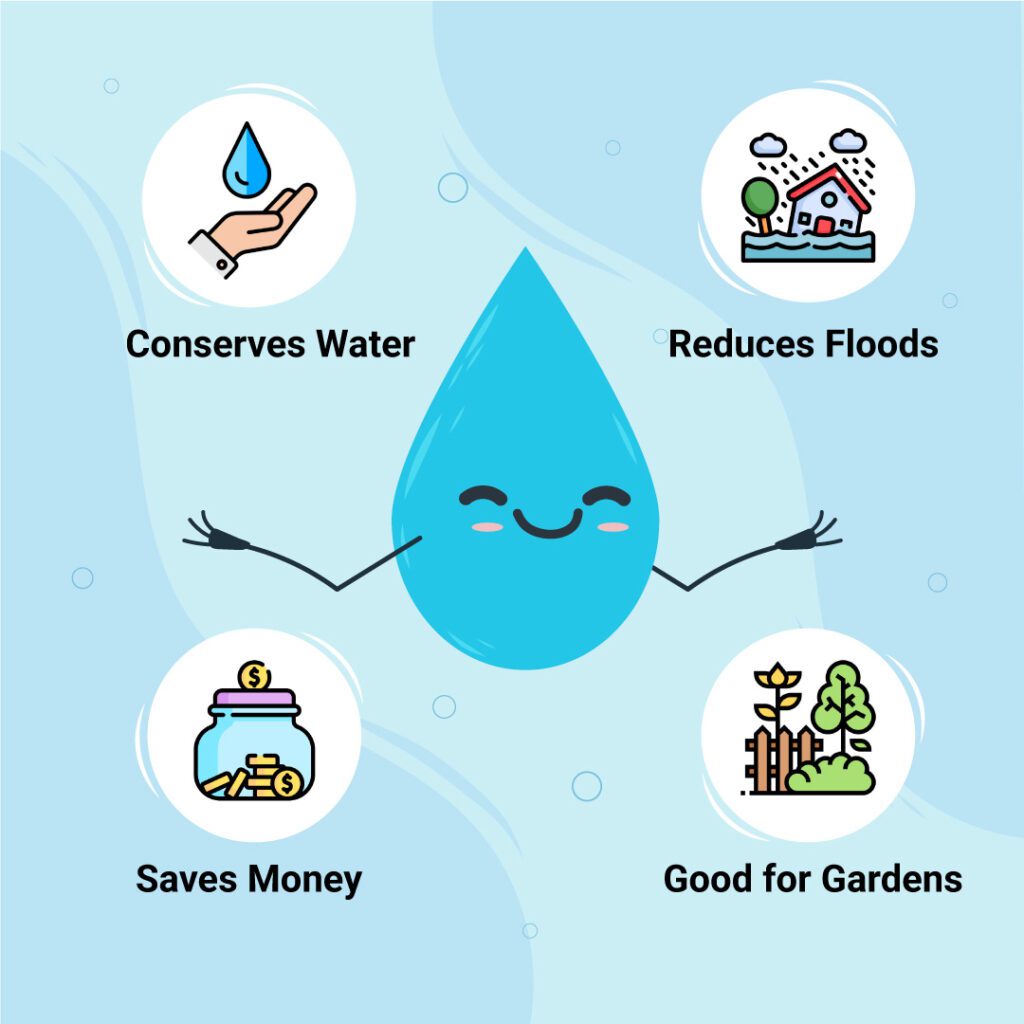
Conserves Water: Saves water from rivers and lakes, especially in dry areas or during droughts.
Reduces Floods: Keeps excess rainwater from causing floods by storing it safely.
Saves Money: Uses free rainwater instead of paying for city water, lowering water bills.
Good for Gardens: Provides natural water for gardens and plants, which thrive on rainwater.
Advantages
Environmental Benefits: Protects rivers and lakes by reducing the need for their water.
Easy to Use: Can be set up at homes with simple tools and materials.
Versatility: Water can be used for gardening, washing cars, and even drinking with proper filtration.
Disadvantages
Initial Cost: Setting up rainwater systems can be expensive with tanks and filters.
Space Requirement: Requires space for tanks and sometimes changes to homes for setup.
In Simple Terms
Rainwater harvesting is about using rain wisely. By collecting and storing rainwater, we help save money, protect the environment, and have water for all sorts of everyday needs. It is a smart way to use nature’s gift to us and keep our world greener and more sustainable.
Have You Ever Imagined Day Without Water?
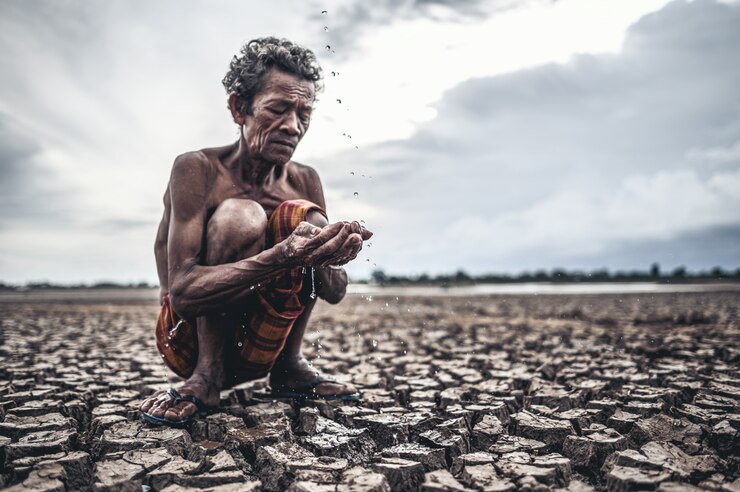
It is a significant challenge. Water is an essential component of our everyday routines, serving purposes such as cleaning dishes, bathing, preparing meals, maintaining hydration, or supporting various industries.
Water, an essential abiotic component of our environment, is depleting rapidly due to insufficient conservation measures and contamination of water sources. This scarcity emphasizes the pressing necessity to preserve every drop of water for the well-being of future generations.
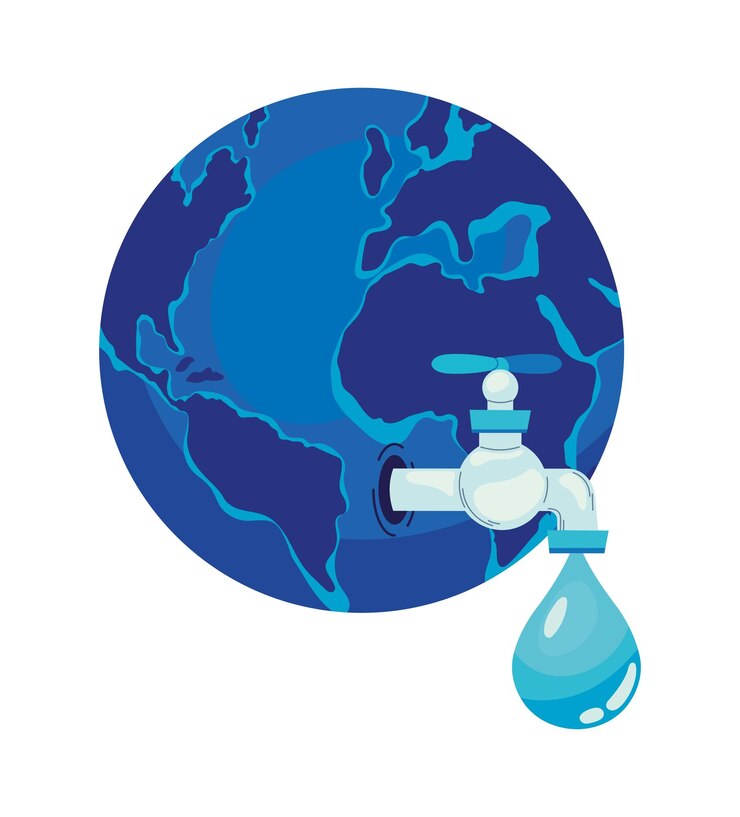
Let us consider an example, picture waking up one morning and discovering that there is no water available to make your morning coffee, take a shower, or satisfy your thirst. This situation emphasizes the significance of water and the crucial need to protect and conserve this valuable resource.
Let us make a pledge to conserve water today so that we can have enough for all our needs tomorrow.
Conclusion
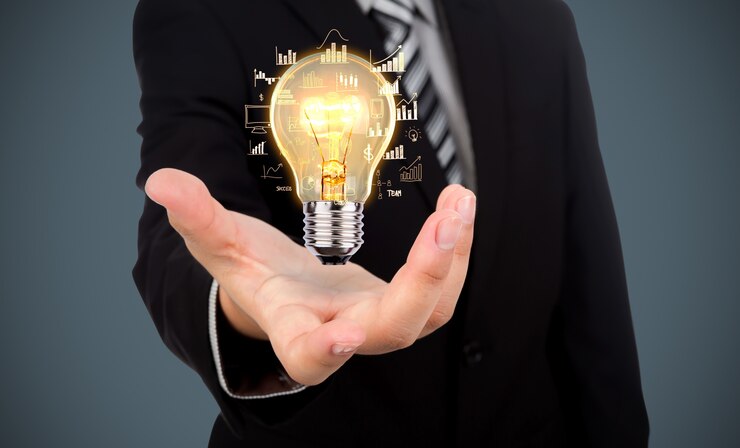
The importance of water conservation cannot be emphasized enough. In the face of escalating challenges such as population growth, industrial expansion, and environmental degradation, the imperative to protect our invaluable water resources becomes more pressing than ever. By implementing straightforward yet impactful conservation measures and embracing advancements like rainwater harvesting, we can guarantee the availability of water for future generations. Let us take immediate action to safeguard this essential resource and ensure a sustainable future for everyone.
